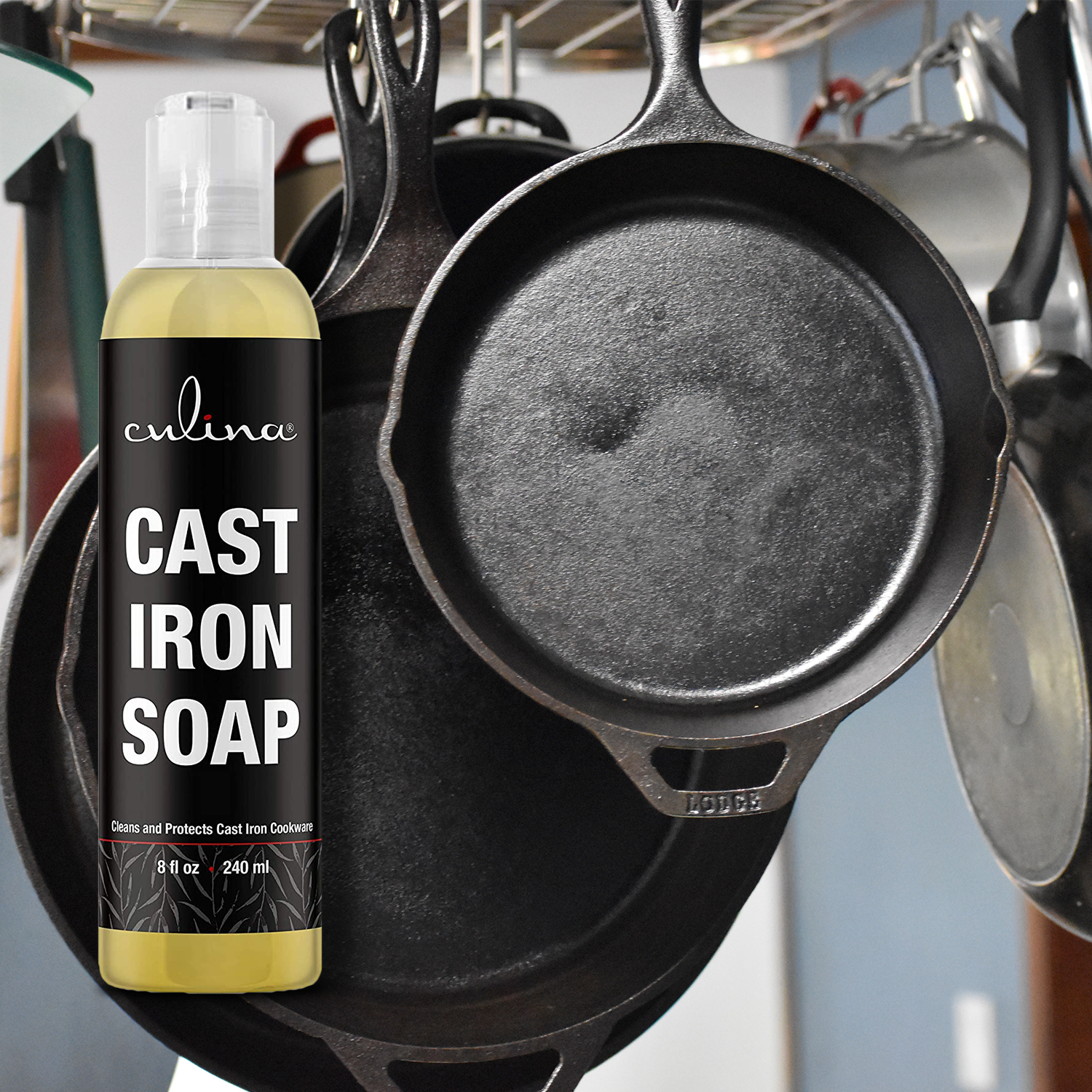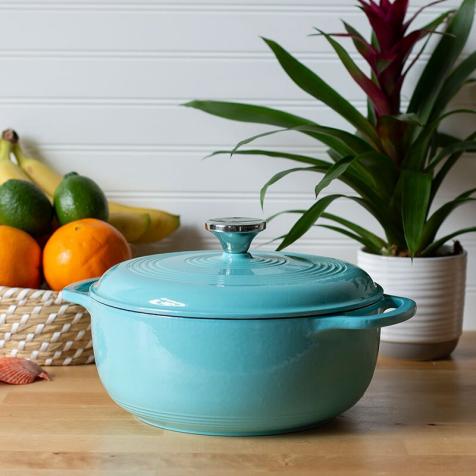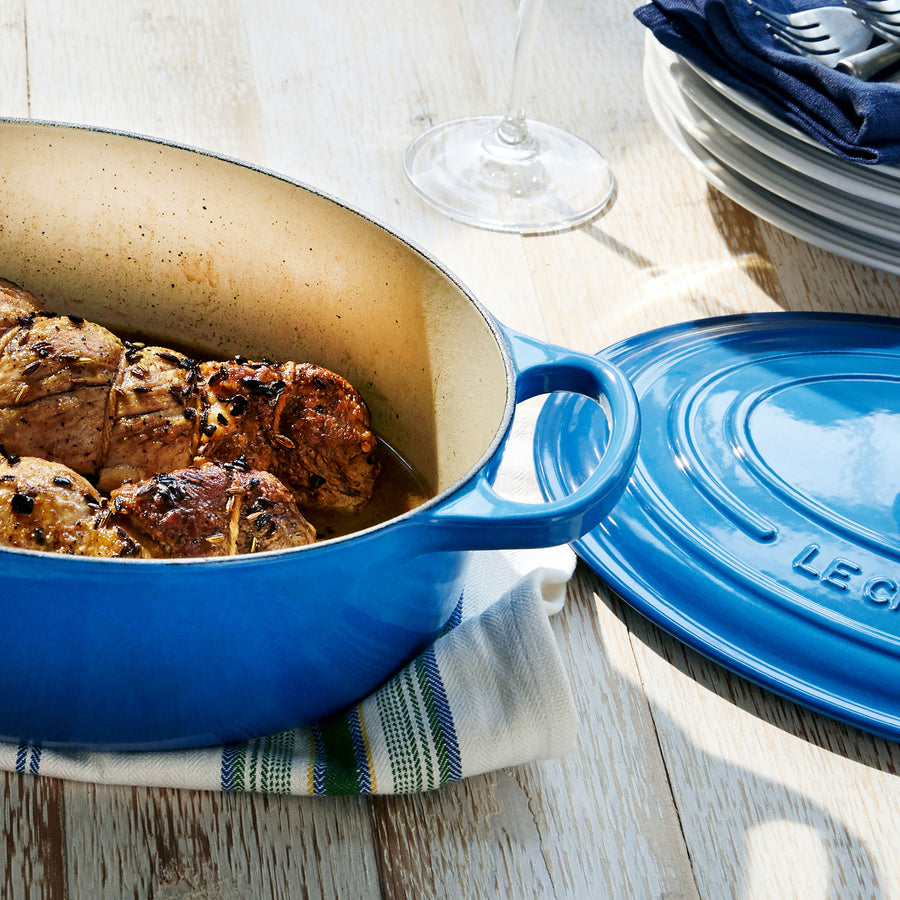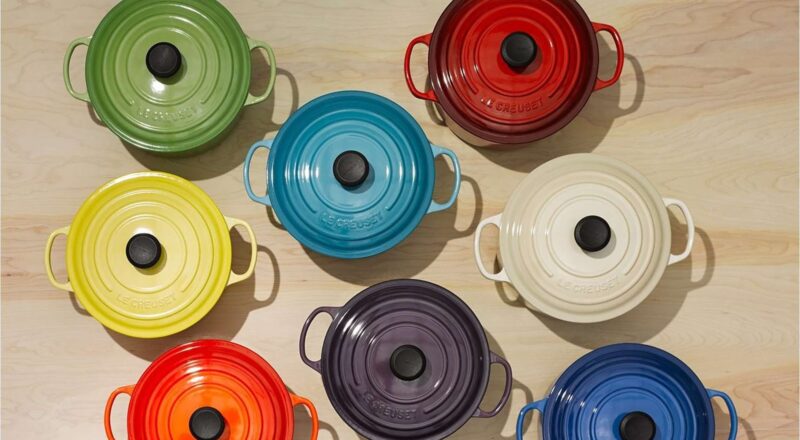Baking sourdough bread is an art that has delighted food enthusiasts for centuries. Many assume that the key to making a perfect loaf is a Dutch oven, but what if you don’t have one? Well, fear not! This article provides you with a tremendous guide on how to bake sourdough bread without a Dutch oven.

Why Bake Sourdough?
Sourdough bread has a rich history and a distinct tangy flavor that sets it apart from other types of bread. It’s healthier, with more digestible nutrients and a lower glycemic index thanks to the fermentation process.

What You’ll Need
Ingredients
- Active sourdough starter
- Bread flour
- Water
- Salt
Equipment
- Mixing bowls
- Baking stone or a heavy-duty baking sheet
- Parchment paper
- Razor or sharp knife for scoring
- Spray bottle for misting

Step-by-Step Guide
1. Preparing the Starter
The first step in baking sourdough bread is preparing the sourdough starter. Make sure it’s active and bubbly. Feed it with equal parts water and flour and let it sit for 4-6 hours.
2. Mixing the Dough
Combine your starter, water, and flour in a mixing bowl. Knead it until the dough is smooth. Add salt and knead for a few more minutes.
3. Bulk Fermentation
Let the dough rest in a covered bowl for 3-4 hours. Make sure to fold the dough every 30 minutes.
4. Shaping the Dough
After fermentation, gently shape the dough into a round or oval shape. Let it proof for another 1-2 hours.

Baking Without a Dutch Oven
Using a Baking Stone
A baking stone can produce a similar effect to a Dutch oven. Preheat your oven and the baking stone to 475F (245C) for at least 30 minutes.
Parchment Paper and Baking Sheet
Line your baking sheet with parchment paper. Carefully transfer the dough onto the sheet, using the parchment to handle it.
Scoring and Steaming
Score the bread with a razor or sharp knife to allow it to expand. Use a spray bottle to mist the inside of your oven before closing the door. This helps to create steam, making the crust crispy.
Alternatives to a Dutch Oven
Roasting Pan
Another option is using a roasting pan turned upside down over your baking bread. This mimics the enclosed environment of a Dutch oven.
Cast Iron Skillet
You can also use a cast iron skillet by placing it in the oven for a few minutes before adding the dough. This provides excellent heat retention.
Tips for Perfect Sourdough
Temperature Control
Maintaining the right temperature is crucial. Use a kitchen thermometer to ensure your dough and oven are at the correct temperature.
Adjusting Hydration
If your dough feels too sticky or dry, don’t hesitate to adjust the water content slightly. Remember, sourdough can be finicky!
Frequently Asked Questions
1. Can I use whole wheat flour?
Yes, you can use whole wheat flour, but it may affect the texture and flavor. You might need to adjust water content as well.
2. How do I store sourdough bread?
You can store sourdough bread at room temperature in a bread bag or airtight container for up to 3-4 days.
3. Why is my sourdough bread dense?
Dense bread could result from insufficient fermentation or under-kneading. Make sure to follow the fermentation steps accurately.
As an Amazon Associate, I earn from qualifying purchases.
Conclusion
Baking sourdough bread without a Dutch oven is not only possible but incredibly satisfying. With a few simple tweaks to your method, you can enjoy the delightful taste and crust of sourdough bread baked in your home oven. Try it today and transform your baking skills!
For further reading and more recipes using cast iron, check out this resource from Lodge Cast Iron.

